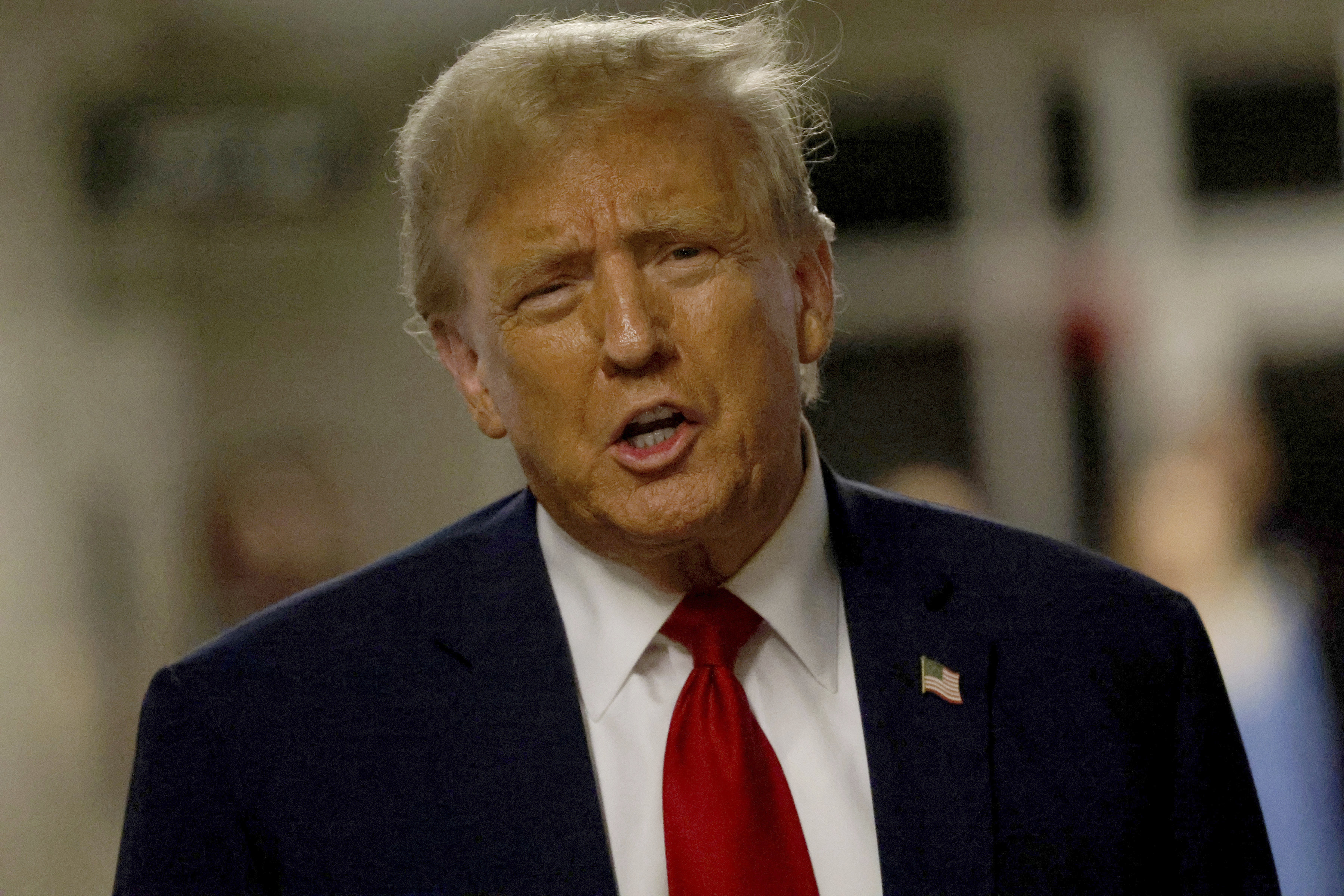In the end, New York's 23rd district, ground zero in the battle between the conservative base and the Republican Party establishment, ended up sending one more Democrat to the House of Representatives.
However, the three-way race between winner Bill Owens, Conservative Party candidate Doug Hoffman and disaffected Republican Dede Scozzafava is already having profound consequences for the GOP in subsequent elections. After local Republicans made a disastrous decision to pick Scozzafava without a party primary, at least one national GOP leader has decided to take a different tack.
On Wednesday, National Republican Senatorial Committee Chairman John Cornyn announced that his organization would not spend money in "contested primaries" -- such as the Florida Senate contest between moderate Gov. Charlie Crist and conservative challenger/National Review hero Marco Rubio.
Make no mistake, this is a rather amazing change of direction. The NRSC has already endorsed Crist and GOP campaign organizations have a history of getting in the middle of primaries -- often leaving serious ill feelings with the un-anointed. In 2004, the NRSC backed incumbent Arlen Specter's re-election over challenger Pat Toomey (Specter won, but switched parties this year in the face of another Toomey challenge); in 2006, the party got behind incumbent moderate GOPer Lincoln Chaffee over Steve Laffey, the conservative mayor of Cranston, Steve Laffey. Indeed, the NRSC even went so far as to announce that the party would abandon Rhode Island to the Democrats should Laffey beat Chaffee. As it happened, Chaffee won the primary -- and then lost by a sizable margin to Democrat Sheldon Whitehouse. Now, at the time, President George W. Bush was the de facto leader of the GOP and the party organizations took their tone from him. The determination was that it was better to support moderate incumbents rather than conservative challengers.
But even before Bush became president, the party structure was taking sides: In 2000, the Republican Governors Association endorsed one of their own -- then Gov. George W. Bush of Texas -- in the presidential primary race over John McCain. The RGA put its organizational resources into Bush's election, sent out press releases touting his candidacy and boasted how GOP governors would act as a "firewall" for Bush. Only problem is, in the months before that, the RGA had raised money from Republicans to elect and support Republican candidates running for the office of governor. They didn't raise money for the RGA to get in the middle of a contested presidential primary just because one of the participants happens to be a governor. But that's where their contributions were now going.
Not anymore. Conservatives who have given money to the NRSC don't have to worry that their hard-earned money might be automatically going to support a moderate over a conservative. Now the committee will let voters decide on their own who they want to represent them in their party. The upside for the NRSC is that it gets to save money for the general contest -- or use the resources to run "comparative" ads against Democrat incumbents while the GOP primary is playing out.
This is something of risk for the party, no question. It's entirely possible that the candidate who emerges from the contested primary might indeed be perceived as more conservative than the state he or she wants to represent. Well, so what? That will be determined by general election voters, not by an official party ahead of time.
U.S. & World
The question is: Will the NRSC's counterpart, the National Republican Congressional Committee make a similar decision and stay out of House primaries? It may turn out that the best way to resolve the debate in the Republican party between conservatives and moderates is to stand back, actually let them debate -- and then get behind whoever is left standing and wants to run under the Republican banner.
New York writer Robert A. George blogs at Ragged Thots. Follow him on Twitter.



